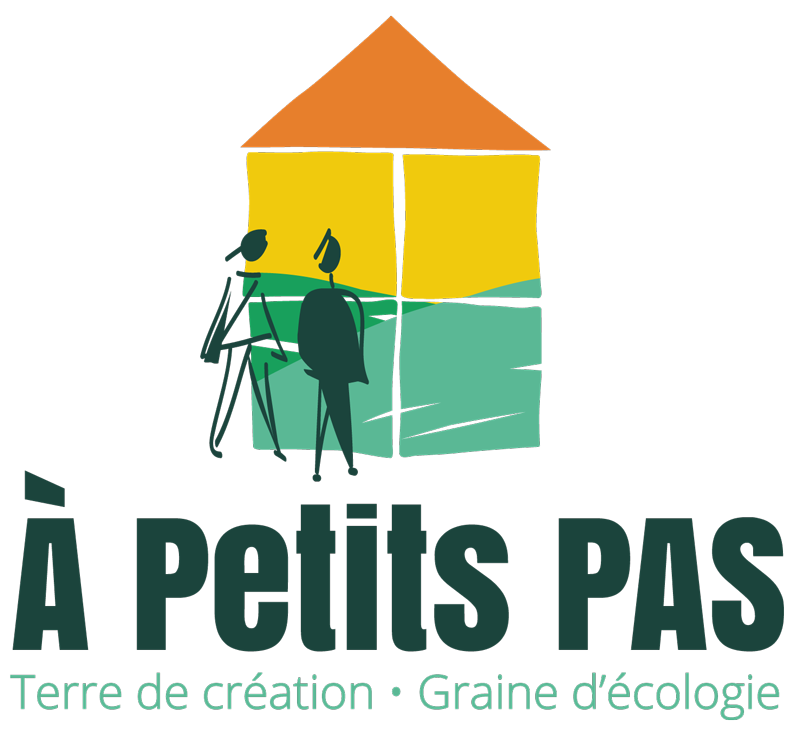When it comes to legal documents, terms like deed and agreement are often used interchangeably. However, there are significant differences between the two that are important to understand.
What is a Deed?
A deed is a legal document that transfers ownership of a property or asset from one person or entity to another. It is a formal, written document that must be signed and notarized to be considered valid.
Deeds are commonly used in real estate transactions to transfer property ownership. There are different types of deeds, including warranty deeds, quitclaim deeds, and special warranty deeds. Each type of deed provides a different level of protection to the buyer and seller.
What is an Agreement?
An agreement, on the other hand, is a broader term that can refer to any document that outlines the terms and conditions of a deal or transaction. It can be a verbal or written document and can cover a wide range of topics, from employment agreements to service contracts.
Agreements can be legally binding, but they don`t necessarily need to be notarized like deeds. They can be drafted by lawyers or created through simple conversations between parties.
Key Differences between Deed and Agreement
– Ownership transfer: Deeds are specifically used to transfer ownership of a property or asset from one person or entity to another, while an agreement can cover any kind of transaction.
– Formality: Deeds are more formal and require more legal procedures, such as signing and notarization, to be valid. Agreements can be less formal and can be created through simple conversations or exchanged emails.
– Permanence: Deeds are typically considered more permanent and difficult to change than agreements. Once a property is transferred through a deed, it is considered a permanent change of ownership. Agreements, on the other hand, can be renegotiated or changed depending on the circumstances.
– Legal protections: Deeds provide stronger legal protections to both parties involved in a property transfer. They outline the rights and obligations of each party, which is not typically the case in an agreement.
Conclusion
In summary, deeds and agreements are two different legal documents that serve different purposes. A deed is a formal, written document used to transfer ownership of a property or asset, while an agreement is a broader term that can cover any type of transaction. Understanding the key differences between these two documents can help you make informed decisions when dealing with legal matters. As always, it`s recommended to seek legal advice before entering into any legal agreements or transactions.



Comments are closed, but trackbacks and pingbacks are open.